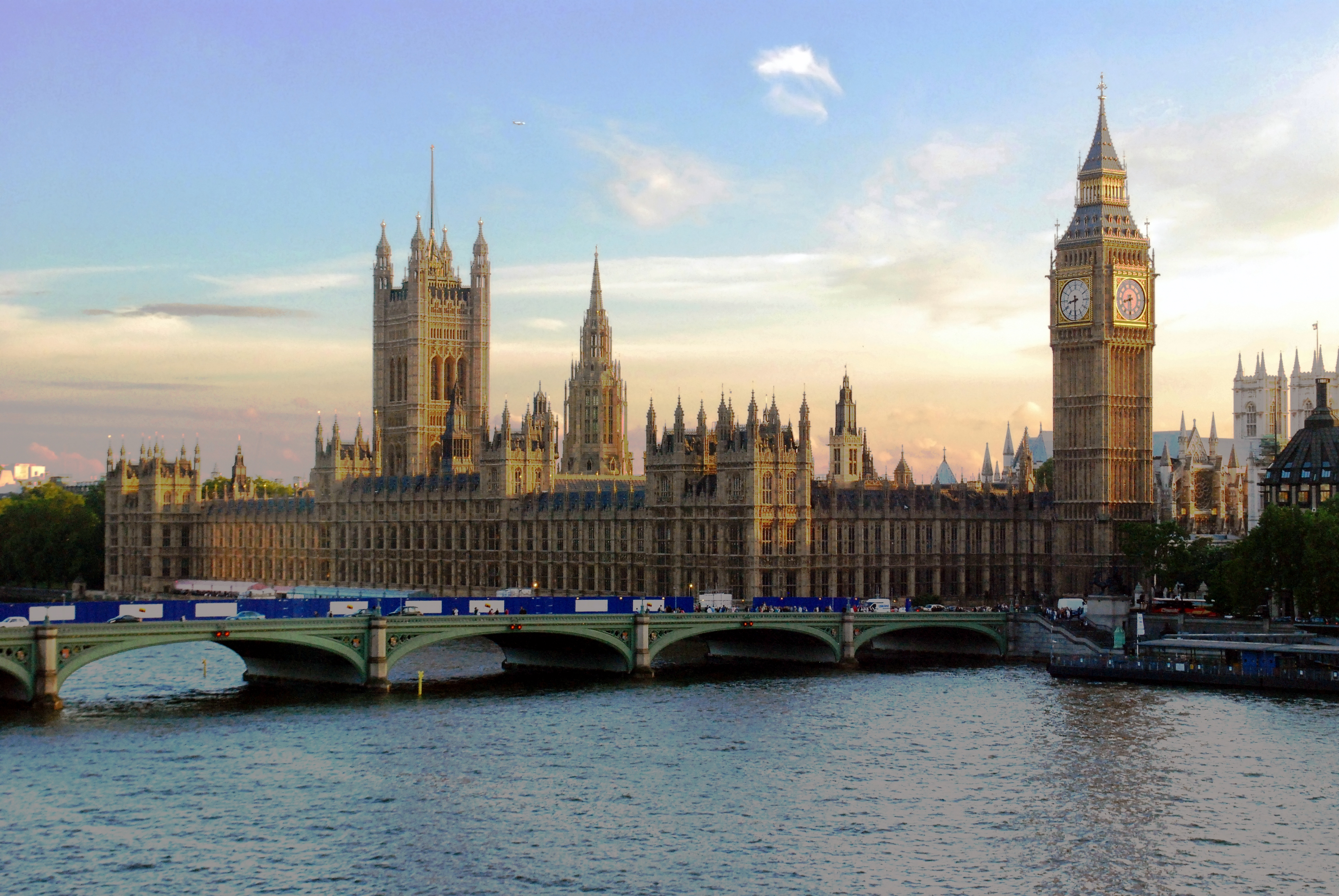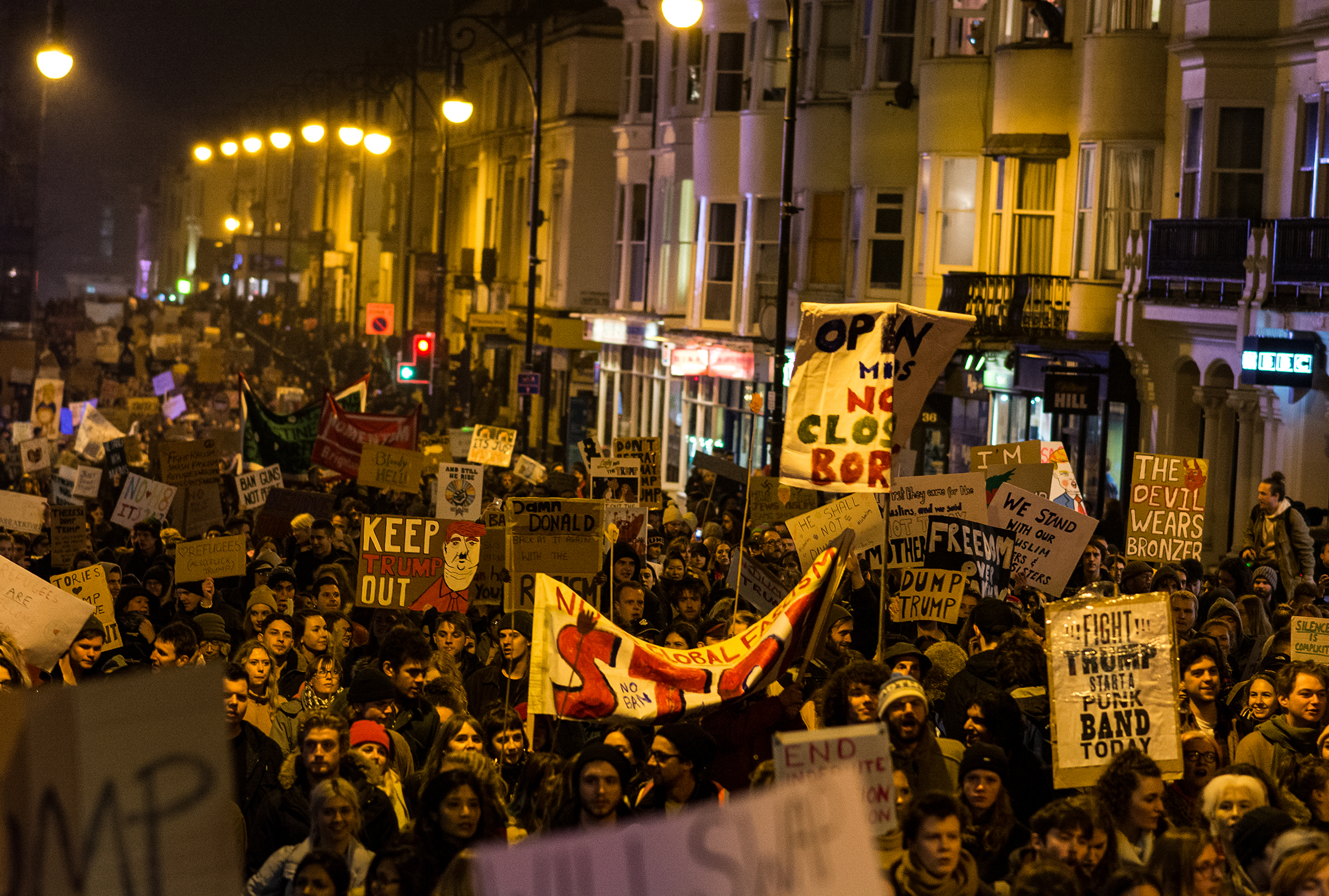Prime Minister Boris Johnson has called for a nationwide lockdown commencing Thursday 5 November.
Words by Joshua McLaughlin
In a Downing Street news conference broadcast to the British public on 31 October, UK Prime Minister Boris Johnson declared that a nationwide lockdown will be coming into effect on 5 November due to escalating cases of COVID-19. This is expected to be implemented until Wednesday 2 December, at the earliest.
The announcement follows a leak made to British papers on Friday 30 October detailing impending national lockdown measures. It shadows a supposed meeting the PM had with Rishi Sunak (Chancellor), Matt Hancock (Social Care Secretary) and Michael Gove (Cabinet Office Minister) discussing the recent rise in infections, where a public press conference was planned to be held on Monday 2 November.
Subsequently, this leak is now being investigated by the government in Whitehall.
It also comes after the PM made repeated rejections to reinstate nationwide COVID-19 restrictions over localised, tiered measures – a stance that has been pushed by Leader of the Opposition, Keir Starmer, as well as members of his own party and board of scientists since September.
Restrictions
Stating that “a responsible Prime Minister could not ignore the rising number of coronavirus infections,” Boris Johnson has laid out plans for what social media has branded ‘Lockdown 2’.
“We’ve got to be humble in the face of nature, and in this country, alas, as across much of Europe, the virus is spreading even faster than the reasonable worst case scenario. And so now is the time to take action because there is no alternative,” Mr Johnson stated.
These plans prioritise the same message devised from the initial lockdown last spring, enacted in order to contain the spread of the virus: ‘stay at home, help the NHS, and save lives.’
Under these impending restrictions, restaurants and pubs will close, but takeaways and deliveries will be allowed to continue – excluding the takeaway of alcohol.
Unlike the previous lockdown in March, schools, colleges and universities are being encouraged to stay open, but private and public travel is being discouraged except for purposes of work.
Household mixing will be prohibited, except for childcare and other forms of support, such as caring for vulnerable people and visiting members of one’s ‘support bubble’.
Meeting people from outside one’s household indoors or in private outdoor spaces will also become disallowed, with people only being permitted to meet one other person from outside their household in an outdoor, public space.
Indoor and outdoor leisure facilities such as gyms and swimming pools will also close, alongside entertainment venues and personal care facilities, like beauty salons.
Places of worship are due to shut, but can still be used for funerals, broadcasting acts of worship, individual prayer and for essential services, such as food banks and donating blood. Funerals, however, will be limited to a maximum of 30 people in attendance.
While construction sites and manufacturing can remain open, weddings and civil partnerships will be halted unless ‘exceptional circumstances’ can be proven.
Overnight stays – in either a hotel or second home, will also not be allowed. This pertains to stays both in the UK and abroad, but essential travel for work will be permitted.
In light of these heightened restrictions, the PM said: “We will get through this, but we must act now to contain this autumn surge. We’re not going back to the full-scale lockdown of March and April, but I’m afraid from Thursday the basic message is the same: stay at home, protect the NHS and save lives.”
Concerns
Following Saturday’s news conference, PM Boris Johnson has faced public backlash following not just the direction of his plans, but also the way in which they were unveiled.
When questioned by BBC’s Political Editor Laura Kuenssberg on why it took him so long to follow the advice of ‘his own scientists’ on implementing national action in wake of the escalating number of cases, he responded: “This is a constant struggle and a balance that any government has to make between lives and livelihoods.
“I do think that it was bright and rational to go for the regional approach [at first]. The course of the pandemic has changed, and it is also right that the government should change and modulate its response in accordance, and I make absolutely no apologies for that.”
On 21 September, the UK government’s scientific advisory group encouraged the implementation of a form of national lockdown in England, as the total number of COVID-19 casualties rose to 29,757 and UK-wide confirmed cases reached 398,625.
These figures at the time came from Sir Patrick Vallance and Professor Chris Whitty, key advisors to the Prime Minister, who warned that there could be 200 deaths a day and as many as 50,000 daily infections by November.
As of Sunday 1 November, 23,254 positive cases of COVID-19 have been confirmed in the United Kingdom, with 1,034,914 people having now tested positive since the beginning of the outbreak. This makes the UK the ninth country to reach the confirmed one-million cases milestone – following the US, India, Brazil, Russia, France, Spain, Argentina and Colombia.
Speaking about the delivery and timing of Mr Johnson’s announcement, MP and Labour Leader Sir Keir Starmer told the BBC: “The delay now will cost. The lockdown will be longer, it will be harder, and there is a human cost which will be very, very real.
“Now, there is no denying these measures are necessary, and I’m glad that the government has finally taken the decision that should’ve been taken weeks ago.”
Mr Starmer also concluded that there would be “no effective exit on 2 December unless the government uses this time to fix text, trace and isolate,” a comment supported by recent reports that the NHS COVID app has failed to record potential exposures to the virus – a settings error that should have recognised people as having been close enough in proximity for viral transmission, but had instead registered that they were too far away for the infection to spread.
How will universities be affected?
While it currently remains unclear how individual universities will respond to the weekend announcement, the Prime Minister emphasised that schools, colleges and universities shall remain open and operational throughout the lockdown.
The recent announcement from Downing Street shadows previous discussions surrounding a proposed nationwide two-week ‘student lockdown’ on the lead-up to the Christmas holidays.
Reported by The Guardian, Ministers were in the ‘early-planning stages’ of enforcing university lockdowns from 8 December to 22 December, urging students to stay on-campus or in their private accommodations while continuing to study and receive teaching online.
Asked on the BBC’s Andrew Marr Show whether the government would rather close schools to end the lockdown on time, or extend the lockdown in order to keep schools running in light of the Prime Minister’s recent announcement, Cabinet Office Minister Michael Gove has said that the government “want to keep schools open.”
“I don’t believe it would be that case,” Mr Gove added. “But I do believe that we want to keep schools open and I believe that the measures that we are putting in place will enable us to do so.”
In October, Dr Ellen Brooks-Pollock, an epidemic modeller at the University of Bristol and member of the government’s scientific pandemic influenza group, spoke with the BBC saying: “Our analysis suggests that reducing face-to-face teaching to essential teaching only does have the impact of slowing down the rate of spread and preventing more disseminated outbreaks.
“However, it needs to happen early on in the outbreak, because if infection is already widespread then having this quiet period [a pre-Christmas student lockdown] at the end of term is unlikely to prevent outbreaks within halls of residence.”
With the latest COVID-19 reported by the University of Sussex falling from its peak of 112 cases on 26 October to 84 on 29 October (50 students on campus; 33 students off campus; 1 staff member off campus), the effects of another lockdown on the Sussex community, as well as Sussex’s subsequent reaction, remain to be seen.





